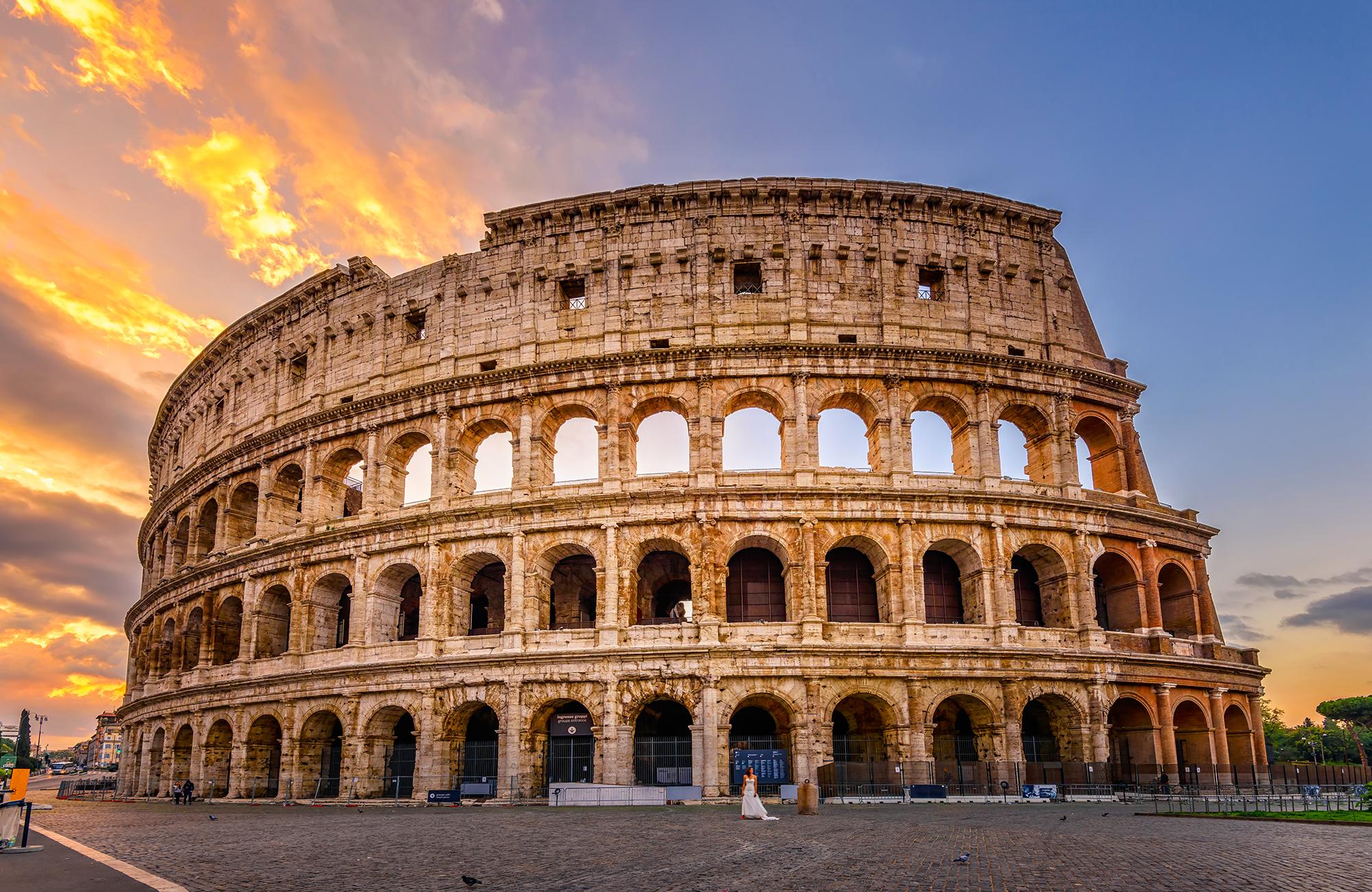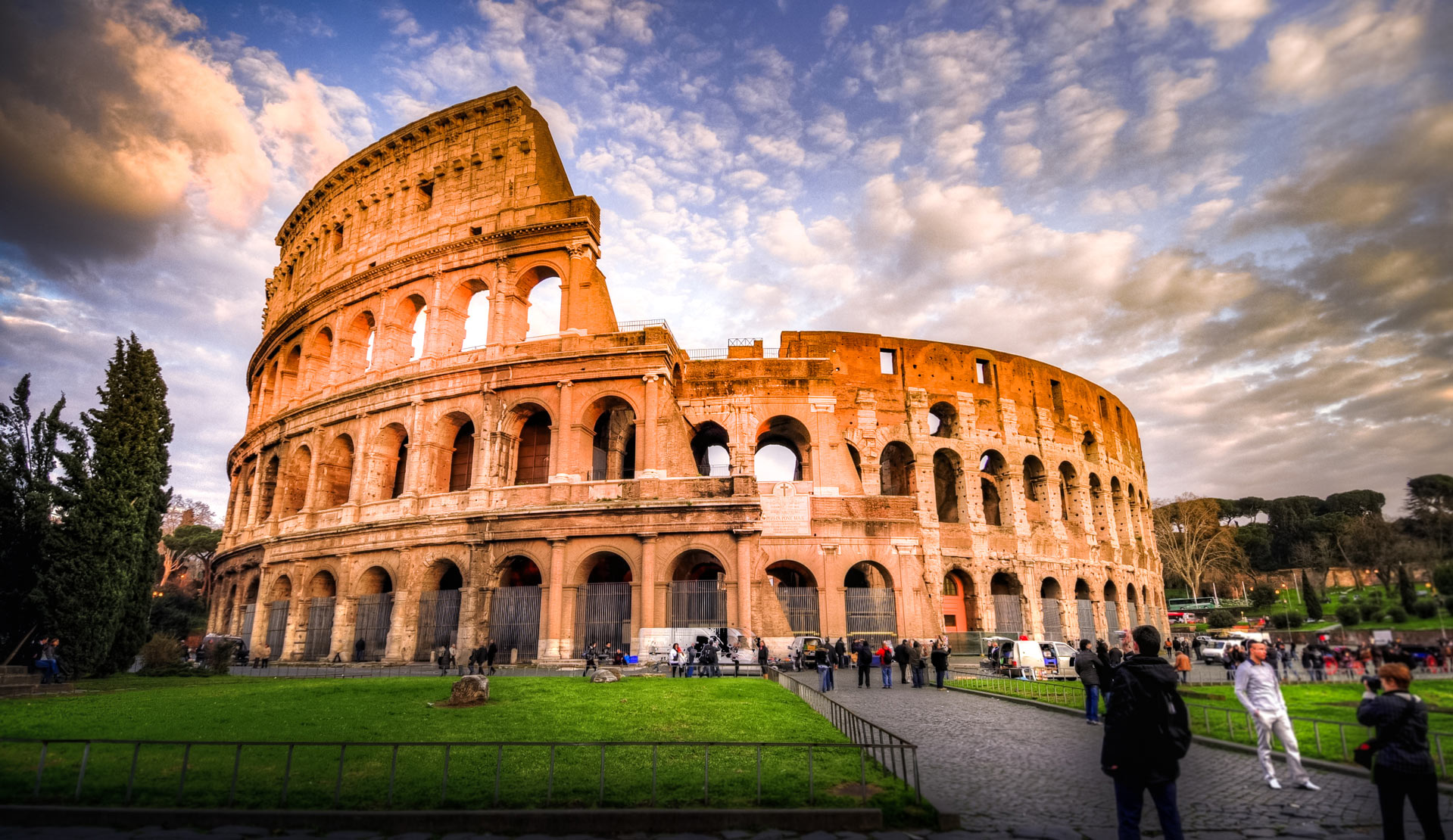Rome Babel - A City Of Many Voices
Imagine a place where voices from every corner of the globe blend and sometimes, just a little, bump into each other. This is Rome, a city that has, in some respects, always been a crossroads for people and their ways of speaking. It’s a place where history whispers in Latin, but the present day shouts in a multitude of tongues, creating what some might call a modern-day 'rome babel' experience. It's truly fascinating, you know?
For centuries, this ancient urban area has pulled in folks from far and wide, each bringing their own customs and, importantly, their own words. From the time of emperors to today's visitors and residents, the sounds of different cultures have always been a part of its very fabric. It's almost as if the city itself is made up of these layers of sound and meaning, basically.
So, how does a city like this manage to keep its identity while embracing such a rich mix of communication styles? We're going to take a closer look at what makes Rome such a special example of how different sounds and stories can come together, creating a unique kind of harmony, or sometimes, a delightful tangle. This is about more than just languages; it’s about the very soul of a city that lives and breathes diversity, really.
Table of Contents
- What Makes Rome a Place of Many Voices?
- How Do Different Languages Shape Rome's Everyday Feel?
- Is Communication Always Clear in a City So Diverse?
- What Lessons Can We Learn from Rome's Linguistic Tapestry?
What Makes Rome a Place of Many Voices?
Rome, as a place, has always been a magnet for folks from everywhere, you know? Think about its long, long story. From the very beginning, people moved here, bringing their own ways of speaking and their own ideas. This isn't just about different languages, but also about the many different dialects of Italian that have popped up over time. It’s like a big, lively conversation that has been going on for thousands of years, so.
The city's very identity, you might say, is built upon this constant coming together of diverse sounds. It’s not just a place where things happened; it’s a place where sounds and words from various groups of people kept adding to the mix. This makes Rome, arguably, a living example of how different voices can coexist, sometimes in harmony, sometimes with a little bit of playful discord. It truly is a unique kind of sound experience, actually.
Every street corner, it seems, has heard countless different conversations. From the marketplace haggling in ancient times to today's tourist chatter, the soundscape of Rome is, well, pretty layered. This continuous flow of new people and new words means that the city is always, more or less, reinventing its linguistic character. It’s a pretty neat trick, if you think about it.
Echoes of Empire- Rome Babel Through the Ages
Back when Rome was a huge empire, people came from all over its vast lands. They brought their own tongues, of course, like Greek, Egyptian, and many others. Latin was the official language, but in the streets, you would have heard a truly remarkable mix. It was, in a way, a very early form of a 'rome babel' situation, where many different sounds mingled together. This blend wasn't just about words; it was about different ways of thinking and living, too.
Even after the empire changed, Rome still kept drawing people in. Pilgrims, traders, artists, and scholars continued to arrive, each adding their linguistic flavor to the city's ongoing story. The sounds of medieval Latin mixed with local Italian dialects, and then with the languages of various European visitors. It’s a long chain of linguistic additions, really, making the city a kind of historical sound museum, you know?
This long history of diverse voices has, in fact, left its mark on the Italian spoken in Rome today. You can still hear echoes of those older ways of speaking, and the city's particular accent and word choices tell a story of all these past interactions. It’s a bit like a linguistic lasagna, with many tasty layers, apparently.
How Do Different Languages Shape Rome's Everyday Feel?
When you walk around Rome today, you can't help but notice the many different languages being spoken. You might hear Italian, of course, but then also English, Spanish, French, German, and many others. This daily sound mix creates a truly special atmosphere, making the city feel like a global meeting point. It’s a very active kind of diversity, you know?
This constant presence of multiple languages means that people living and visiting here are always, in some respects, interacting with different linguistic sounds. It shapes how businesses operate, how people ask for directions, and even how friendships are formed. The sound of different tongues is just a regular part of being in Rome, making it feel very alive, basically.
Think about the simple act of ordering coffee. You might hear someone order in perfect Italian, while the person next to them uses broken English, and the barista understands both. This everyday linguistic dance is what gives Rome its unique rhythm. It’s a city where, you know, communication is always a bit of an adventure, sometimes.
The Modern Mix- Rome Babel Today
Today's 'rome babel' is perhaps more pronounced than ever, thanks to global travel and people moving around for work or new lives. The city is home to people from every continent, and their languages add new colors to the existing sound picture. This makes Rome a truly international place, reflecting the wider world, so.
You’ll find neighborhoods where certain languages are heard more often, creating little pockets of linguistic variety. These areas often have shops and restaurants that cater to these communities, further adding to the city’s rich tapestry of sounds and tastes. It's a very organic kind of growth, really, showing how people bring their cultures with them.
This modern mix isn't just about the spoken word. It’s also about the signs you see, the music you hear, and the different ways people express themselves through gestures and body language. Rome, in a way, teaches you to listen with more than just your ears; you learn to pick up on all sorts of communication cues, which is pretty cool, you know?
Is Communication Always Clear in a City So Diverse?
With so many voices and languages, you might wonder if people always understand each other in Rome. The answer is, well, not always perfectly, but often enough! There are times when words get a little mixed up, or when a phrase in one language means something else entirely in another. It’s part of the charm, in some respects, of living in such a varied place, you know?
Misunderstandings can happen, sure, but people in Rome are often quite good at finding ways to get their message across. Hand gestures, pointing, drawing pictures, or using a few words from another language are all common strategies. It’s a very human way of dealing with the challenge of a 'rome babel' situation, basically.
Sometimes, the very act of trying to understand each other creates funny moments or even new connections. It’s a reminder that communication isn't just about perfect grammar; it's about the effort to connect. This means that even when things aren't perfectly clear, the intent to communicate is usually there, which is what matters, really.
Finding Common Ground- Overcoming the Rome Babel
Despite the many languages, people in Rome do find common ground. Italian, of course, serves as the main way people talk to each other. Many people who move to Rome learn Italian, and many visitors pick up at least a few phrases. This shared language helps to bridge the gaps created by the linguistic variety, you know?
Beyond language, there are shared experiences that bring people together. The love of good food, the appreciation for the city's beauty, or simply the daily rhythms of life in Rome create a kind of unspoken understanding. These common threads help to weave together the diverse voices into a more cohesive whole, so.
Technology also plays a part, of course. Translation apps and online resources can help when words just aren't enough. But it's the human willingness to try, to be patient, and to use whatever means available that truly helps people get along in this multi-voiced city. It's a testament to human adaptability, really.
What Lessons Can We Learn from Rome's Linguistic Tapestry?
Rome's experience with its 'babel' of languages offers some pretty interesting insights. It shows us that a city can be incredibly diverse in its sounds and still thrive. It suggests that variety in communication isn't something to be feared, but rather something that can add richness and depth to a place. It's a very positive example, you know?
One lesson is about patience. When you're in a place where many languages are spoken, you learn to be a bit more patient with yourself and with others when communication isn't instant. This patience can lead to deeper, more meaningful interactions, as you both work to bridge any gaps. It's a skill that serves you well, basically.
Another point is about openness. Rome teaches you to be open to different ways of expressing things. A phrase might sound odd at first, but if you're open to it, you might discover a new way of looking at something. This kind of openness is, in some respects, a valuable trait in any part of the world, especially today.
Rome Babel- A Unique Urban Soundscape
The sounds of Rome, with its blend of languages, dialects, and accents, create a truly unique soundscape. It's a constant reminder of the city's long history as a meeting place for people from all walks of life. This 'rome babel' isn't a problem to be solved; it's a defining feature, a vibrant part of what makes Rome, well, Rome, you know?
This acoustic mix tells a story of cultural exchange, of new arrivals, and of old traditions holding strong. It’s a living, breathing symphony of human interaction, always changing, always adding new notes. To truly experience Rome, you need to listen to its many voices, as they are a fundamental part of its charm and character, so.
So, next time you think of Rome, don't just picture the ancient ruins or the delicious food. Think about the sounds, too. Think about the conversations happening in dozens of languages, blending and sometimes clashing, but always creating something wonderfully alive. It's a city that speaks volumes, in more ways than one, really.
This article has explored the idea of "rome babel," looking at how Rome's long history and present-day reality have made it a place of many voices. We've considered how diverse languages have shaped the city's feel, how people manage to communicate despite the linguistic variety, and what valuable lessons can be taken from Rome's unique approach to its varied sounds. It’s a city that, in essence, celebrates its complex and beautiful linguistic heritage.

The 40 Best Things to Do in Rome – Fodors Travel Guide

25 Best Things to Do in Rome | Places to visit and must see | Italy travel
/the-roman-coliseum-during-a-warm-spring-sunset-542105331-58f15ac63df78cd3fc763275.jpg)
How to Avoid the Ticket Line at the Roman Colosseum